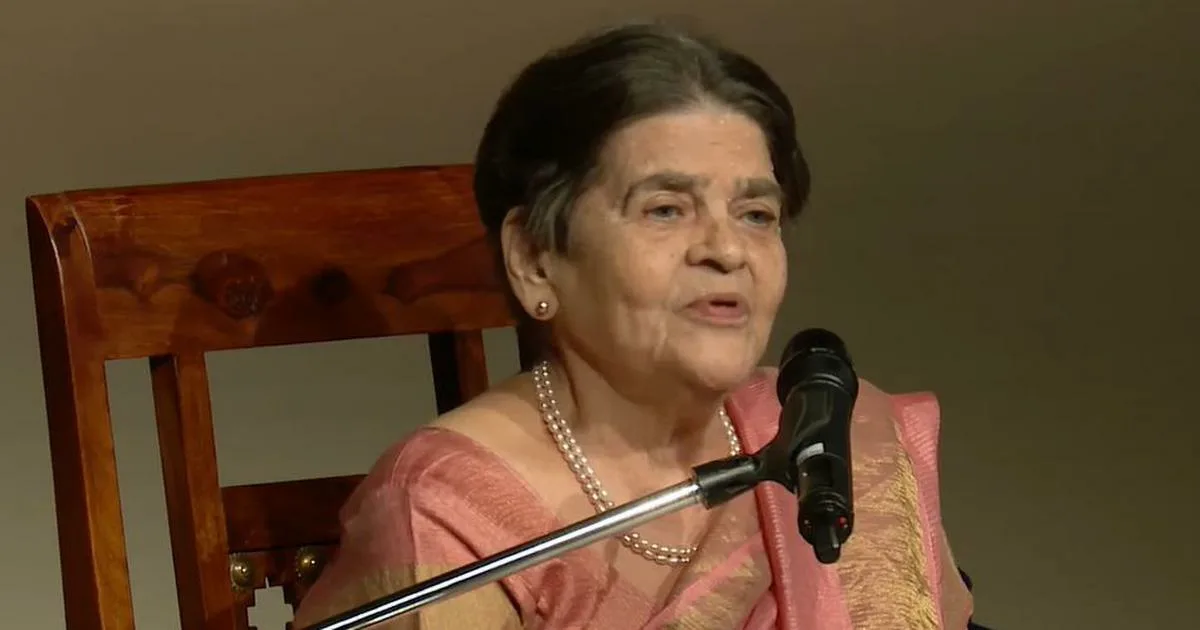
The 10th Ajanta-Ellora International Film Festival (AIFF 2025) is set to take place from January 15 to 19, 2025, in Chhatrapati Sambhajinagar. Renowned filmmaker Sai Paranjpye will be honored with the prestigious Padmapani Lifetime Achievement Award at the festival for her outstanding contributions to Indian cinema. The announcement was made by AIFF Steering Committee Chairman Nandkishor Kagaliwal, Chief Mentor Ankushrao Kadam, and AIFF Invitation Chairman and Director Ashutosh Gowariker. The award ceremony will be held during the opening event on January 15 at 6 PM at Rukmini Auditorium, MGM University Campus, with artists and dignitaries from across the globe expected to attend.
About Sai Paranjpye
Sai Paranjpye has been a pivotal figure in Indian cinema for over four decades, creating films that delve into the complexities of human relationships with emotional and intellectual depth. Her acclaimed works include Sparsh (1980), Chashme Buddoor (1981), Katha (1983), Disha (1990), Chudiyan (1993), and Saaz (1997). Beyond films, Paranjpye has made significant contributions to Marathi literature and theater, especially for children. She also directed numerous plays and served as Chairperson of the Children’s Film Society of India (CFSI) for two terms.
In 2006, Paranjpye was honored with the Padma Bhushan by the Indian government. She has received numerous other accolades, including the Filmfare Award and the Maharashtra Foundation Award. Her illustrious lineage includes her grandfather R.P. Paranjpye, a mathematician and educationist, and her mother, Shakuntala Paranjpye, an actor and social worker who was also a Rajya Sabha member and Padma Bhushan awardee.
Early Life and Achievements
Sai Paranjpye began her creative journey at the age of eight, penning a collection of Marathi fairy tales. A graduate of the National School of Drama, she worked with All India Radio before transitioning into filmmaking and theater. She directed numerous plays in Marathi, Hindi, and English, wrote children’s books, and created award-winning television programs such as The Little Tea Shop (1972).
In the 1970s, she served as Chairperson of CFSI, creating films like Jadu Ka Shankh (1974) and Sikandar (1976), both of which earned critical acclaim. Her enduring contributions to storytelling, cinema, and theater have left an indelible mark on Indian arts and culture.

Post Your Comments